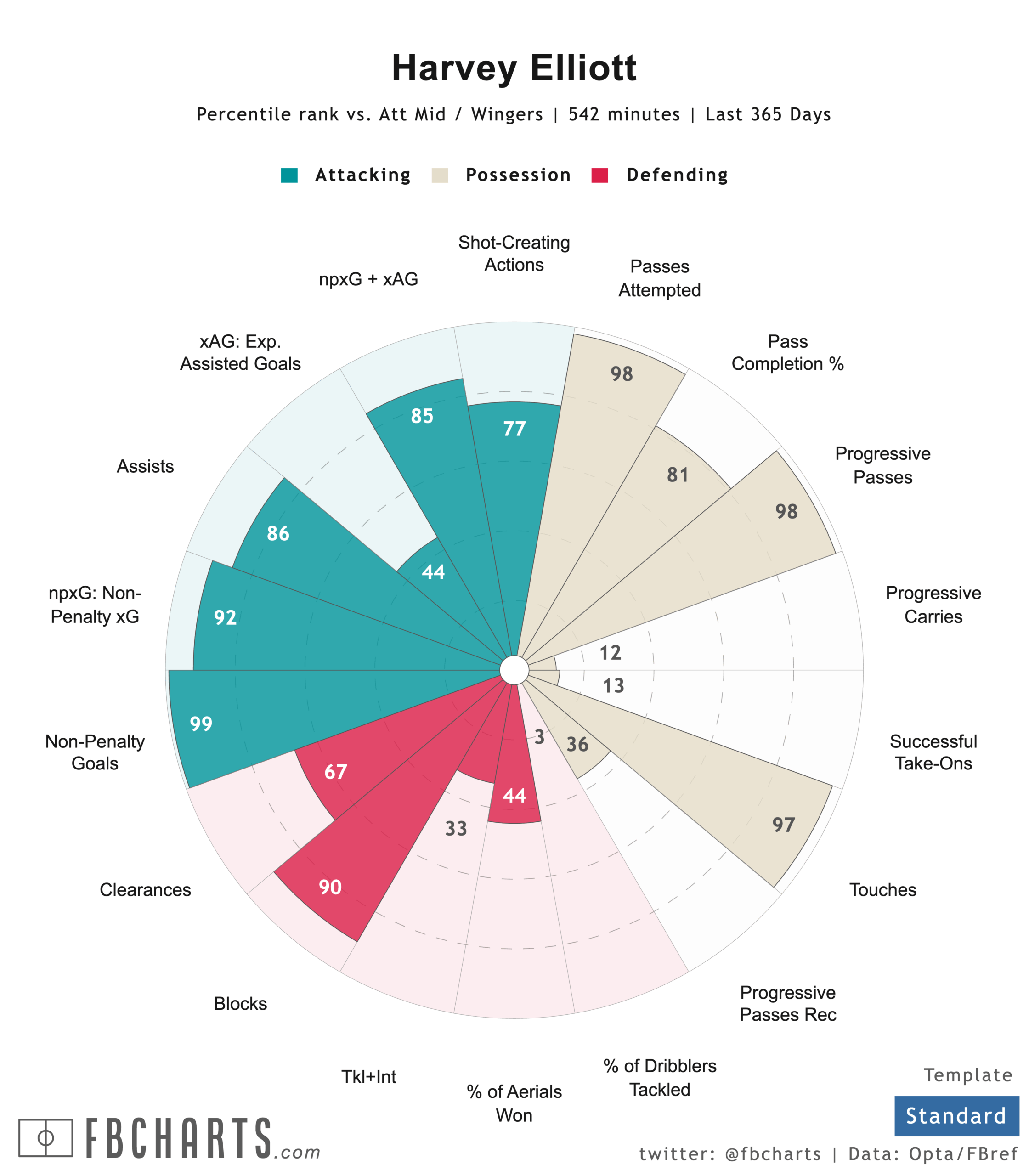Limited impact at Villa Park
Elliott’s move to Aston Villa on deadline day was initially viewed as an ideal next step for the 22-year-old to gain consistent Premier League minutes under Unai Emery. The agreement, structured as a loan with a compulsory purchase clause after ten appearances, was expected to see Villa pay Liverpool around £35 million.
However, Elliott has managed only five appearances so far, totalling just 97 minutes in the league. The lack of playing time has raised concerns over whether the performance-based conditions for the permanent deal will be met. Villa’s hesitation to trigger the clause suggests uncertainty over his long-term fit within Emery’s tactical plans.
Those close to the situation indicate that Villa’s reluctance may stem from financial caution as well as sporting considerations. While the initial move was seen as a coup for a player of Elliott’s creativity and vision, his inability to secure a regular starting role has prompted questions about whether he was the right stylistic match for Emery’s system.

Frustrations from player and clubs
Elliott’s frustration is said to mirror the sentiment at both clubs. After struggling for minutes at Liverpool under Arne Slot during the latter stages of last season, the midfielder sought a fresh start and greater responsibility. Yet, the move to Villa Park has not provided the platform he hoped for.
Liverpool’s coaching staff have monitored his situation closely. While Slot was open to his temporary departure, the manager remains an admirer of Elliott’s technical quality and work ethic. If Villa were to abandon their obligation to buy, Liverpool would consider recalling him, particularly given the congested fixture list in early 2026 and their need for midfield depth.
Any decision would require mutual agreement between Liverpool, Aston Villa, and Elliott himself. Those familiar with the negotiations believe the clubs have maintained open communication, leaving the door ajar for a potential return.
Path back to Anfield
Should Elliott’s permanent move be triggered before the season concludes, Liverpool have already inserted a buyback clause as part of the transfer terms. The clause, reportedly set well above the £35 million sale fee, reflects Liverpool’s long-term belief in Elliott’s potential to develop into a first-team regular.
For now, though, the player’s immediate focus is believed to be regaining form and minutes. If his situation does not improve by December, all parties are expected to re-evaluate his future. A return to Anfield would not be straightforward, but it would allow Slot to either reintegrate Elliott or find an alternative club where he can play regularly at a high level.
Those close to Elliott suggest he remains ambitious and driven, but disappointed by how his time in Birmingham has unfolded. A move back to Merseyside could provide a chance to reset and reignite his career under a familiar environment that values his development.
Uncertain months ahead
Elliott’s story serves as a reminder of how quickly promising moves can turn complex in elite football. Liverpool are keen to ensure that his career trajectory continues upward, whether that involves a return to Anfield or another loan opportunity better suited to his playing style.
As January approaches, both clubs face a delicate balancing act: Villa must decide whether to persist with a player yet to make his mark, while Liverpool weigh the benefits of reabsorbing one of their most talented young midfielders.
For Elliott himself, the next two months could define not only his season but the next phase of his career.



